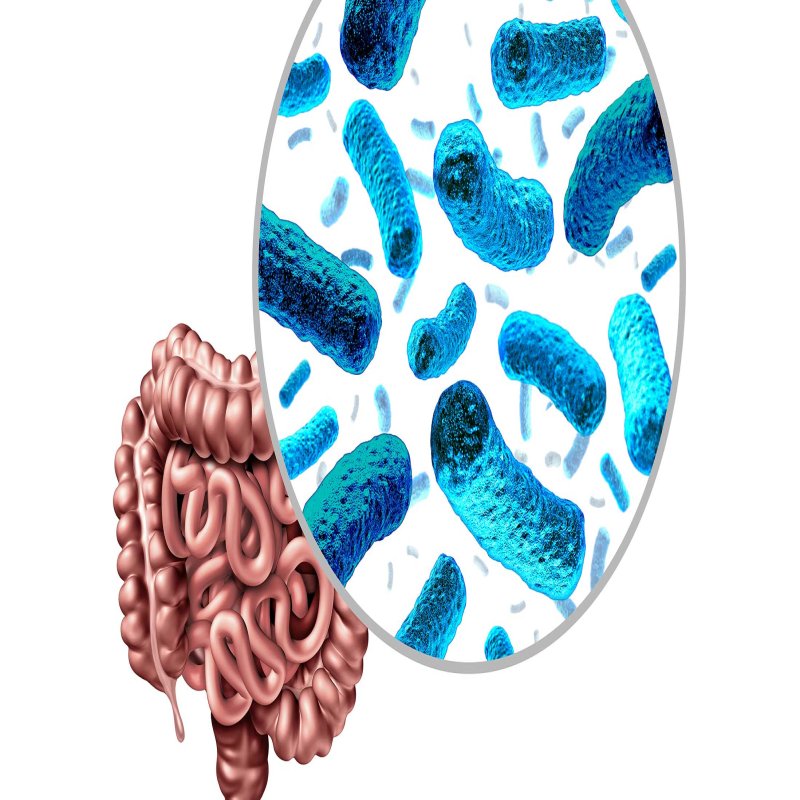
“It takes a village to raise a child." Similarly, it takes a whole microbiome to raise an individual’s health level, be they young or old. The human gut microbiota refers to the uncountable microbes that live in the human gut. They mainly consist of bacteria, viruses, and fungi, although bacteria make up the biggest chunk of them. The microbiome refers to the environment they live in.
Gut Dysbiosis
There are various reasons why the quantity and quality of microorganisms, especially bacteria, may go out of balance and the bad bacteria may outnumber the good bacteria. This condition is called gut dysbiosis, which can be the beginning of multiple digestive disorders like celiac disease, Inflammatory Bowel Disease (IBD), metabolic disorders including type 2 diabetes, and even neurodegenerative diseases.
The opposite of gut dysbiosis is gut eubiosis. It is the healthy, diverse, and balanced state of the gut microbiota.
How to Restore Gut Health
Symptoms of an imbalanced gut microbiota include diarrhea, constipation, bloating, and immune problems. Let’s take a look at the lifestyle changes you can make to enhance gut health.
Eat a Varied, Fibre-Rich Diet
The more varied the foods you consume, the more varied your gut microbiota is. Among all foods, fiber-rich foods serve the best for rebuilding your gut. Fruits like bananas, apples, avocados, strawberries, carrots, and beetroot; vegetables like broccoli and Brussels sprouts; whole grains; seeds; nuts; and legumes are examples of fiber-rich foods. On consumption, these fibers release short-chain fatty acids like acetate, propionate, and butyrate, which are the main source of nourishment for the cells lining the colon.
Fiber-rich foods are known to strengthen the immune system and reduce inflammation. A dietary intake of around 25 grams of fiber per day is advised. If we don’t nourish our body with fibers, the bacteria will turn to the gut lining for nourishment. The gut lining plays a dual role:
- It allows nutrients to pass through into the bloodstream.
- It doesn’t allow bad bacteria to get in.
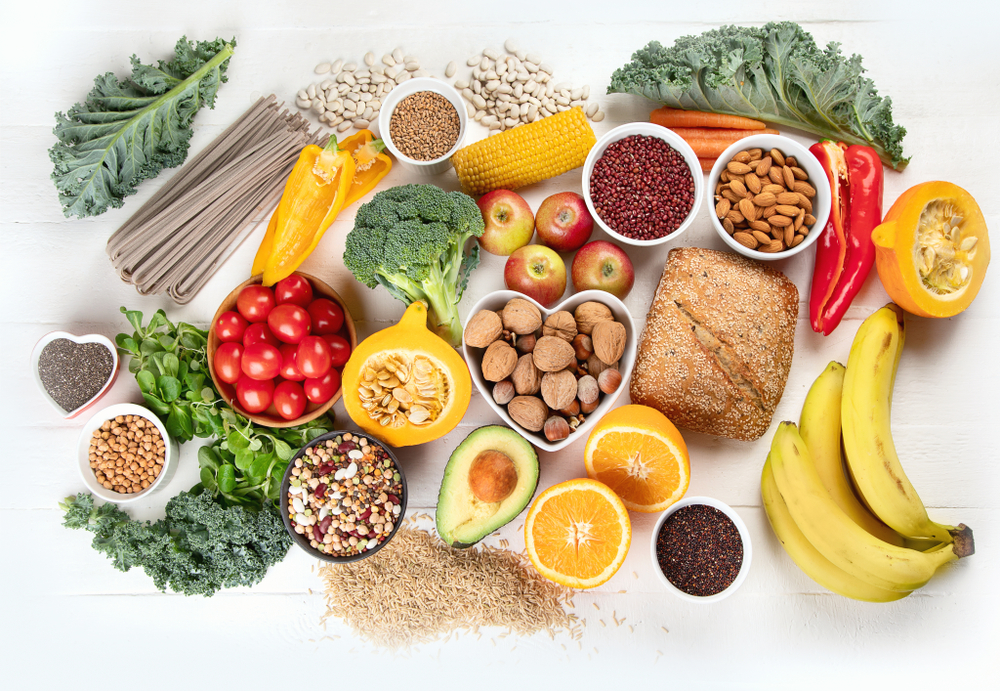
Avoid Processed Foods and Sugar
Most food additives used in these ultra-processed foods can alter the ratio of the various types of bacteria in the gut. This can affect the protective mucosal layer and defensive molecules like defensins and thus facilitate the entry of microbes into the sterile zone of the mucosa. This can lead to meta-inflammation and Irritable Bowel Syndrome (IBD). Moreover, the gut microbiota plays an important role in the storage and expenditure of the energy we get from food. The energy levels go haywire in people who consume ultra-processed foods since they have little or no nutritional value which can lead to obesity. This metabolic dysregulation can lead to the leakage of bacterial components like lipopolysaccharides (LPS) into the bloodstream, which can cause inflammation in the liver and fatty tissues of the body.
- Too much sugar can also alter the gut microbiome. Bacteria need energy, and carbohydrates are broken down into sugar for energy. This might cause an overgrowth of some types of bacteria, which can lead to multiple health problems.
- Bacteria also play a role in maintaining blood sugar levels, and a gut imbalance could lead to diabetes and even cancer. Too much sugar consumption can also lead to leaky gut syndrome.
So avoiding ultra-processed foods is a great step towards rebuilding gut health.
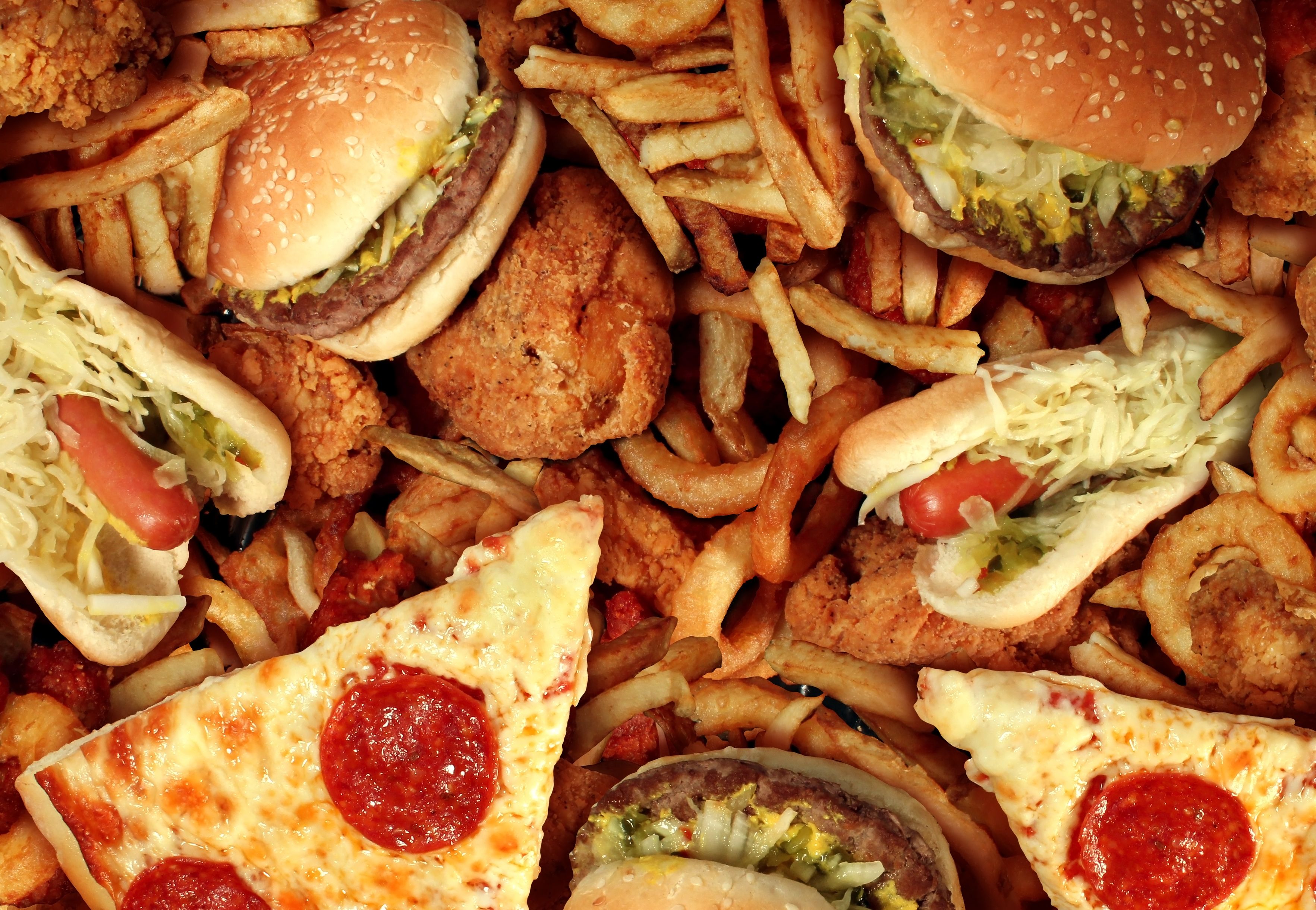
Incorporate Probiotics and Fermented Foods
Probiotics are live bacteria and yeasts that can be beneficial for gut health. Foods such as yogurt, kefir, kimchi, sauerkraut, miso, idli, paneer, fermented soybeans, green peas, pickles, buttermilk, etc. contain beneficial bacteria. Incorporate these foods into your diet regularly. Probiotics are good bacteria that give rise to compounds that suppress bad bacteria. The lactobacillus strengthens the intestinal barrier, which further strengthens immune tolerance. It also stops bacteria from moving or changing positions in the mucosal lining of the intestine. They keep us away from gastrointestinal infections like irritable bowel syndrome (IBS) and inflammatory bowel disease (IBD). Certain probiotics affect and enhance the growth and function of epithelial cells and immune cells in the intestine. The L. reuteri bacteria regulate cytokines, which can cause inflammation. One can take probiotic supplements if they don’t like taking them directly through food.
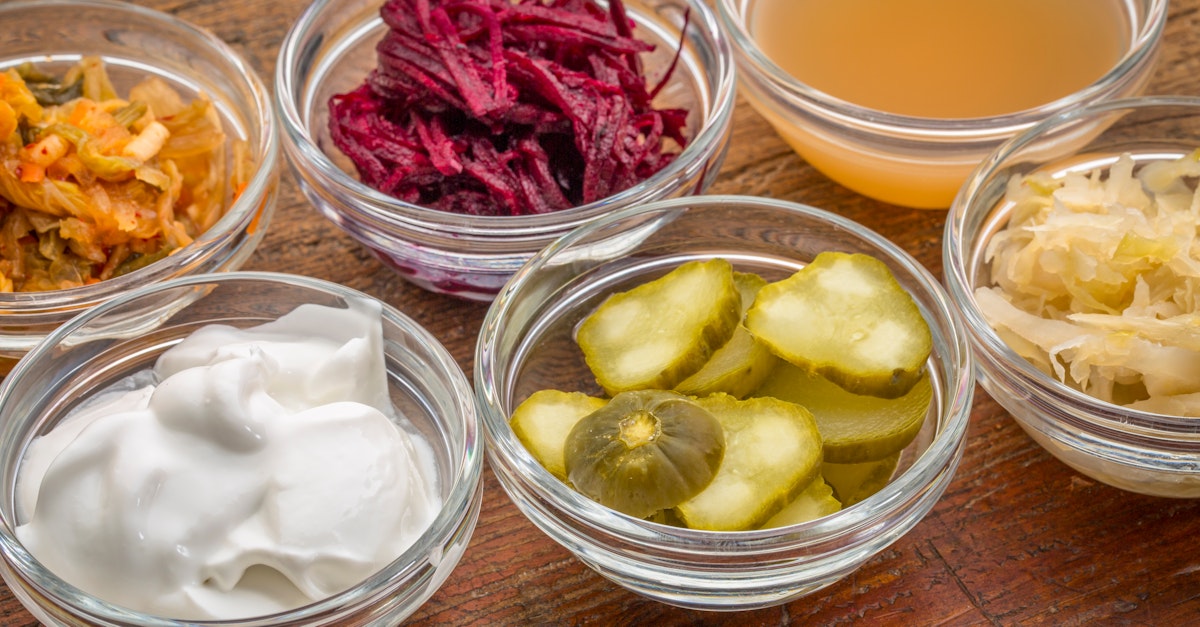
Avoid Antibiotics
Antibiotics give us quick relief but can be harmful to gut health in the long run. This is because, along with killing bad bacteria, they can also kill off the good bacteria and upset the delicate ecosystem in our gut. Our eating habits, sleep schedules, injuries, illnesses, bowel movements, and stress levels all cause fluctuations in the gut, but antibiotics may cause the biggest upheaval. Don’t be too eager to pop an antibiotic on your own; do so under your doctor’s guidance.
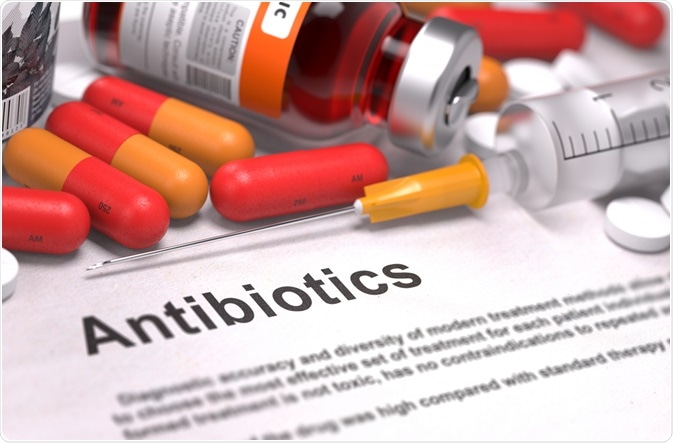
Manage Stress
Chronic stress can disrupt the gut microbiota. People are becoming more aware of the gut-brain axis and how they affect each other. The gut, also known as the Enteric Nervous System (ENS), is composed of the very same tissues as the Central Nervous System (CNS). Gut-brain communication affects gastrointestinal functions and also has profound effects on mood, behavior, and certain cognitive functions. As per research, bacteria are required for normal brain development and also for brain function in adulthood. It has been found that the microbiota plays a role in regulating processes associated with neuroplasticity. Changes in the gut microbiota can lead to anxiety and depression, and bringing down stress levels can help the gut microbiota flourish.
So, it’s important to find ways to manage stress if you want to rebuild your gut microbiota. Meditation, yoga, deep breathing exercises, pursuing hobbies, etc. may help.
Get Enough Sleep
Sleep affects the gut microbiota, which is in turn affected by it. According to research, changes in circadian rhythm and sleep deprivation can alter the gut microbiota and lead to insomnia, while a change in the gut microbiota can affect circadian rhythms. Try to get 7-9 hours of sleep per night for a healthy gut microbiota.
Consider Prebiotic Supplements
Prebiotics are a type of plant fiber that acts as food for the good bacteria (probiotics) in the gut. Prebiotics help with calcium absorption, manage blood sugar levels, and accelerate the fermentation of foods, thus helping with constipation relief. They also keep the cells in the gut lining healthy. They can be found in apples, bananas, asparagus, barley, cocoa, etc. If you’re not able to get enough prebiotics from your diet, consider taking prebiotic supplements.
Conclusion
Rebuilding your gut microbiota takes time and patience, but it’s an investment worth its while. Functional medicine guides you in making the above-mentioned lifestyle changes so that you can rebuild and support a healthy and diverse gut microbiota ecosystem. Take prebiotic and probiotic supplements only under the guidance of your doctor.


.png)


